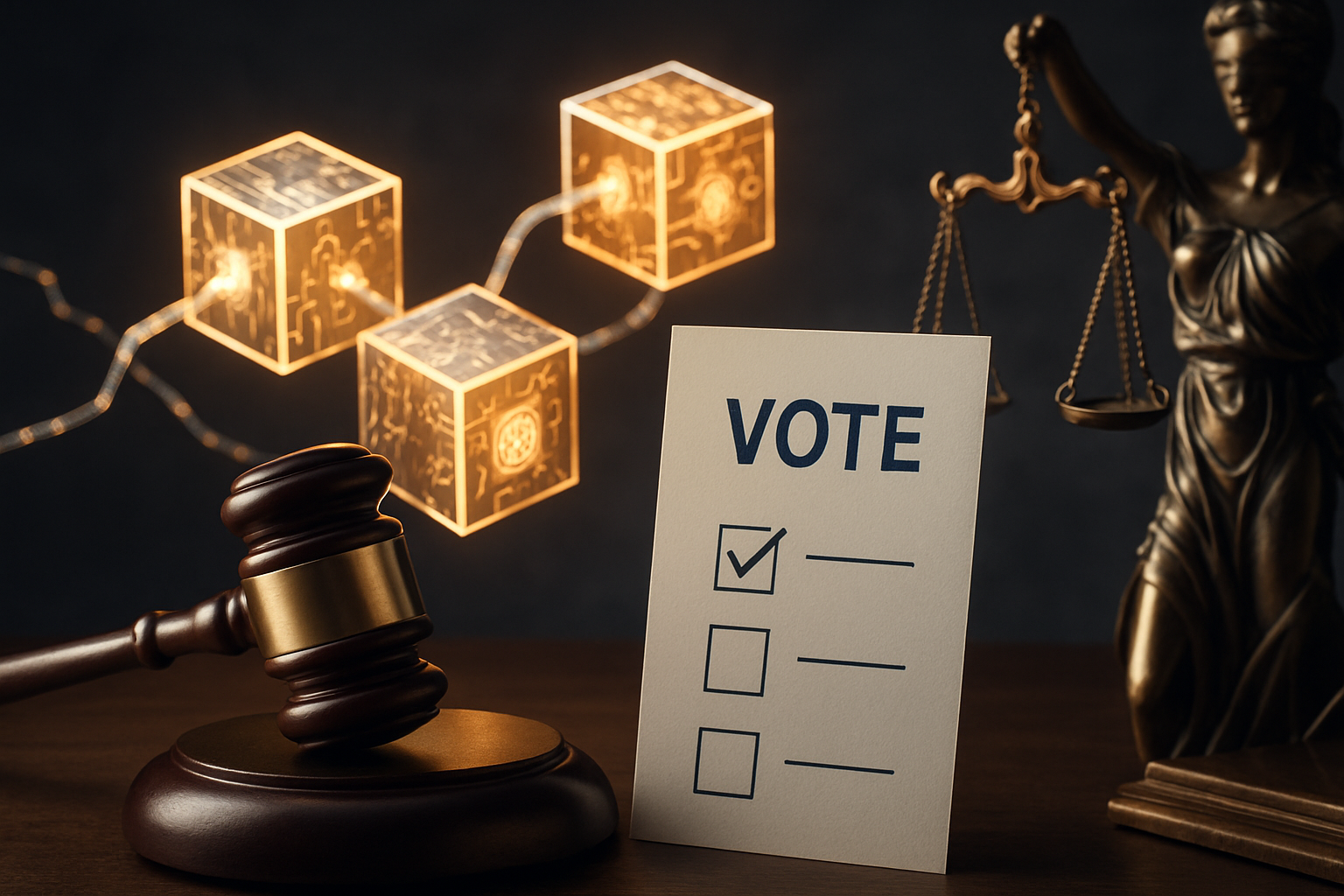Navigating Tribal Sovereignty in the Digital Age
Introduction: In an era of rapid technological advancement, Native American tribes face unique challenges in asserting their sovereignty within the digital realm. This article explores the intricate legal landscape surrounding tribal jurisdiction over online activities, examining recent court rulings, legislative efforts, and the broader implications for tribal governance in the 21st century.

Jurisdiction in the Digital Domain
As online commerce and communication become increasingly prevalent, tribes are grappling with how to exercise jurisdiction over digital activities that impact their communities. This includes regulating online gaming, protecting cultural property, and addressing cybercrime that occurs within tribal borders. Recent cases have highlighted the need for clearer legal frameworks to address these emerging issues.
Landmark Cases Shaping Digital Sovereignty
Several recent court decisions have begun to shape the contours of tribal digital sovereignty. In 2019, the Ninth Circuit Court of Appeals ruled in favor of the Coeur d’Alene Tribe’s right to operate an online lottery accessible to off-reservation players. This decision set a significant precedent for tribal authority in the digital sphere, potentially opening doors for expanded economic opportunities.
Legislative Efforts and Federal Policy
Congress and federal agencies have started to recognize the need for updated policies addressing tribal digital sovereignty. The Native American Business Incubators Program Act, passed in 2020, includes provisions for supporting tribal entrepreneurship in technology sectors. Additionally, the Federal Communications Commission has initiated consultations with tribes to improve broadband access and digital infrastructure on tribal lands.
Balancing Sovereignty and Cooperation
As tribes assert their digital sovereignty, they must navigate complex relationships with state and federal authorities. Cooperative agreements and inter-governmental compacts are emerging as potential solutions to jurisdictional conflicts. These arrangements aim to respect tribal sovereignty while ensuring effective law enforcement and consumer protection across digital platforms.
Cultural Preservation in the Digital Age
Digital sovereignty extends beyond economic and legal realms to encompass the protection of cultural heritage. Tribes are leveraging technology to preserve languages, traditions, and sacred knowledge while simultaneously seeking legal protections against the unauthorized use of cultural property online. This dual approach highlights the multifaceted nature of tribal digital sovereignty.
Challenges and Future Outlook
Despite progress, significant challenges remain in fully realizing tribal digital sovereignty. These include disparities in technological infrastructure, legal ambiguities, and resistance from some state governments. However, as more tribes develop sophisticated digital strategies and legal expertise, the landscape of tribal sovereignty in the digital age continues to evolve, promising new opportunities for self-determination and economic development.






